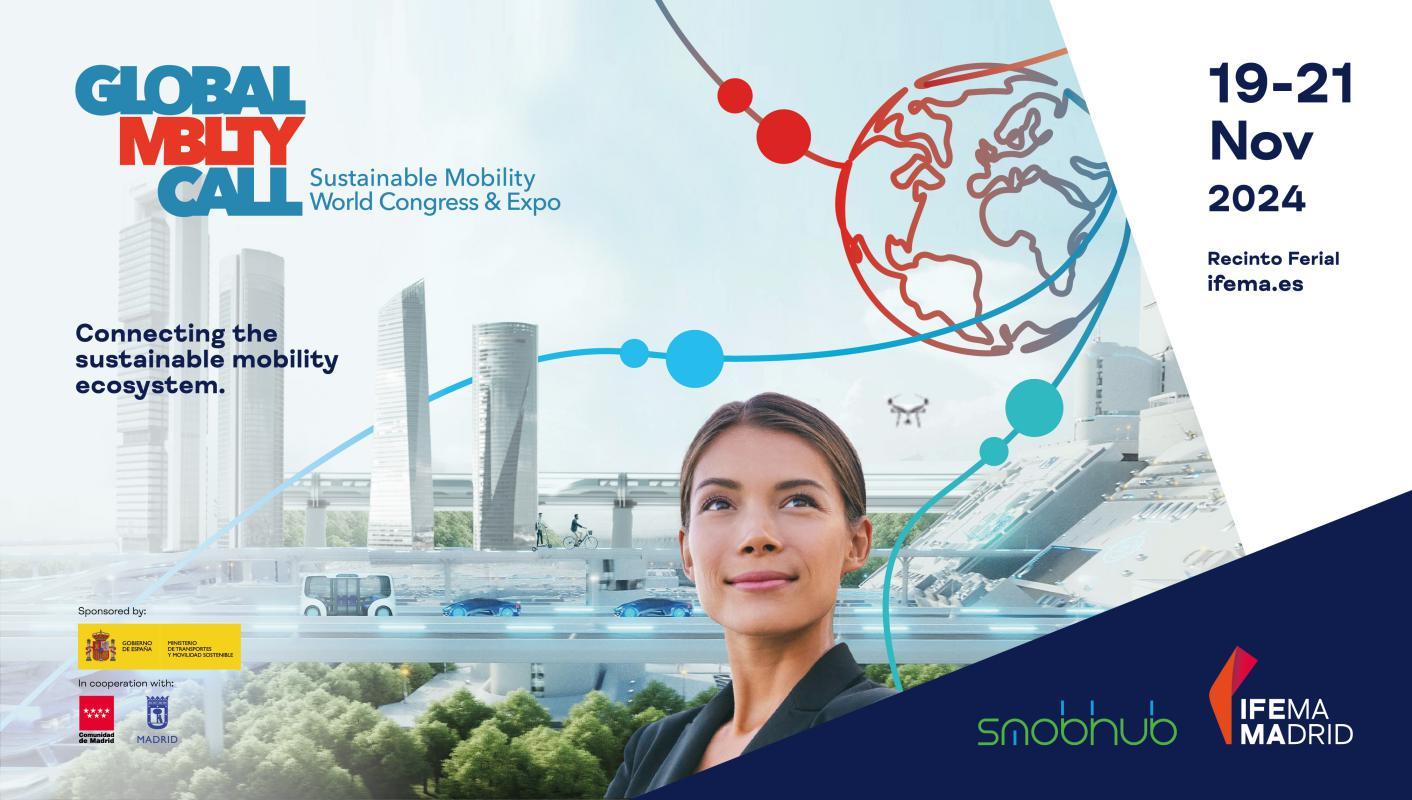Innovating Madrid's Public Transport: Sustainability, Efficiency, and Technological Evolution
Key Ideas
- Madrid's public transport managers are focusing on improving night-time transport, electrification, autonomous driving, networks, and payment methods.
- The incorporation of hydrogen into EMT buses is highlighted as a cutting-edge engineering project, setting a benchmark in the public transport sector for producing its own energy.
- Metro de Madrid is investing in automation, acquiring new trains for increased reliability, sustainability, and capacity, along with infrastructure renovation for driverless operations.
- The approach includes a public-private partnership for continuous innovation, talent attraction, and preparation to meet the future needs of public transport in Madrid.
During the Global Mobility Call congress in Madrid, the city's public transport managers outlined their vision for the future. The Municipal Transport Company (EMT) is extending the night bus network and focusing on electrification, including the incorporation of hydrogen into EMT buses for self-produced energy. Metro de Madrid is investing in automation, acquiring new trains, and renovating infrastructure for driverless operations. The city emphasizes sustainability, efficiency, and technological evolution, with a strong focus on public-private collaboration and talent attraction. Madrid aims to create a cutting-edge public transport system that is more sustainable, efficient, and flexible, setting a global benchmark in urban mobility.
Topics
Public Transit
Infrastructure
Technology
Innovation
Sustainability
Engineering
Efficiency
Public Transport
Urban Planning
Latest News
